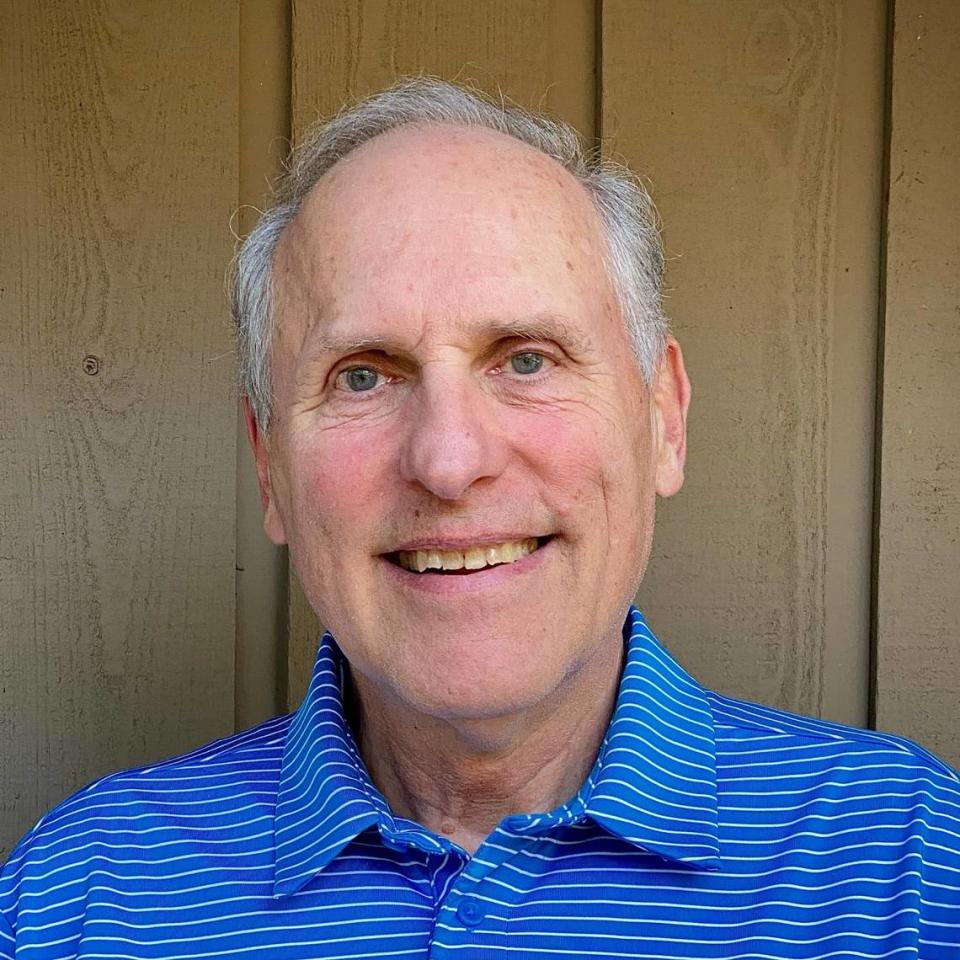Patients or doctors? Hard to tell who benefits most at this HHI clinic. | Opinion
I toured the Volunteers in Medicine Clinic on Hilton Head Island on its 30th birthday to see if it could still say, “Ahhh.”
The clinic was a simple idea championed by the late Dr. Jack McConnell — let retired health care workers treat the uninsured or underinsured residents and workers on Hilton Head and Daufuskie islands. But it wasn’t easy to get to that opening day. A sense of relief fell over the place when a child came in for an immunization.
A quick check-up today shows a place on Northridge Drive with 27 specialists tending 10,000 patients, as many as 150 a day for 28,000 patient visits per year. More than 600 volunteers give 52,000 hours annually to provide $13 million worth of healthcare, they say.
It takes no federal money and precious few state or county dollars. It has a 4-star rating by Charity Navigator, with 93% of its multi-million-dollar budget going directly to its mission.
The model has been replicated in more than 100 places nationwide, including in Bluffton, with a branch in Ridgeland.
At the HHI clinic, where the idea took life, more than half a million patients have been treated. They offer dental and mental health care, and a pharmacy that filled 40,000 prescriptions last year. They added a popular walk-up window funded by The Church Mouse thrift store. The clinic helps patients get surgeries, lab work, diagnostic X-rays and medical equipment.
During my visit, Dr. Andrew R. Buzzelli stood in the “eye room” holding a brand new retinal imager that helps diagnose diabetes-related issues, glaucoma and macular degeneration. He’s a retired authority on binocular vision and visual perception, one of a few optometrists in the world recognized by the American Academy of Optometry as a diplomat in that field.
He built a school of optometry from scratch in Kentucky, and served 24 years in the U.S. Air Force and Air National Guard.
Buzzelli works alongside volunteer Dr. Peter Ligette, one of America’s most prominent macula and retina specialists, and author of four textbooks.
Dr. David Nagel, radiation oncology specialist, said the clinic now does genetic testing to detect potential cancer. In eight years as a volunteer, he said he has seen the clinic “make more effort to look at the whole patient beyond solving a single problem.”
Clinic executive director Dr. John Newman said doctors like “getting off the hamster wheel.”
“Give me a smart doctor, a smart nurse and give them time with the patient, and great things happen,” Newman said.
Endocrinologist Dr. Rick Sunderlin has been volunteering since his days as a vacationer on the island 24 years ago. Today, diabetic patients can get continuous glucose monitoring, linked by Bluetooth to a family member or Sunderlin to sound sugar-level alarms. Sunderlin sees 24 patients a day in two full days at the clinic each week.
“We have expanded the scope of ‘wellness,’ ” he said. “It was a Band-Aid approach. Now we look at chronic disease management.”
Wellness also includes legal help through the Lowcountry Legal Volunteers nonprofit, Newman said. And it includes a major new focus on eating the right foods.
In the clinic there is a room called the “Farm-Acy,” filled with vertical hydroponics “farms.” Nutrient-filled water trickles over pods filled with romaine lettuce, collard greens, chard, arugula, sometimes tomatoes and bell peppers. They thrive on LED lights, and zero soil.
“Yesterday, we harvested 700 heads of lettuce,” Newman said. “Two hundred went to the Sandalwood Community Food Pantry and 200 went to Deep Well (nonprofit social services agency).”
“Our diets are killing us,” Newman said. “People think of wellness primarily as fitness, not as much as teaching people how to eat. But it’s about the food.”
He wants food donors to substitute cereal, bread, rice and pasta with things like canned tuna (in water), canned salmon, no salt/lightly salted nuts and seeds, and dried beans.
The clinic needs a new X-ray machine. It needs a psychiatrist. It needs public awareness and support.
They can easily document what the clinic has meant to patients. But Newman said the surprise is what it has meant to volunteers: “It’s about joy in medicine and a purpose in life.”
David Lauderdale may be reached at LauderdaleColumn@gmail.com.


